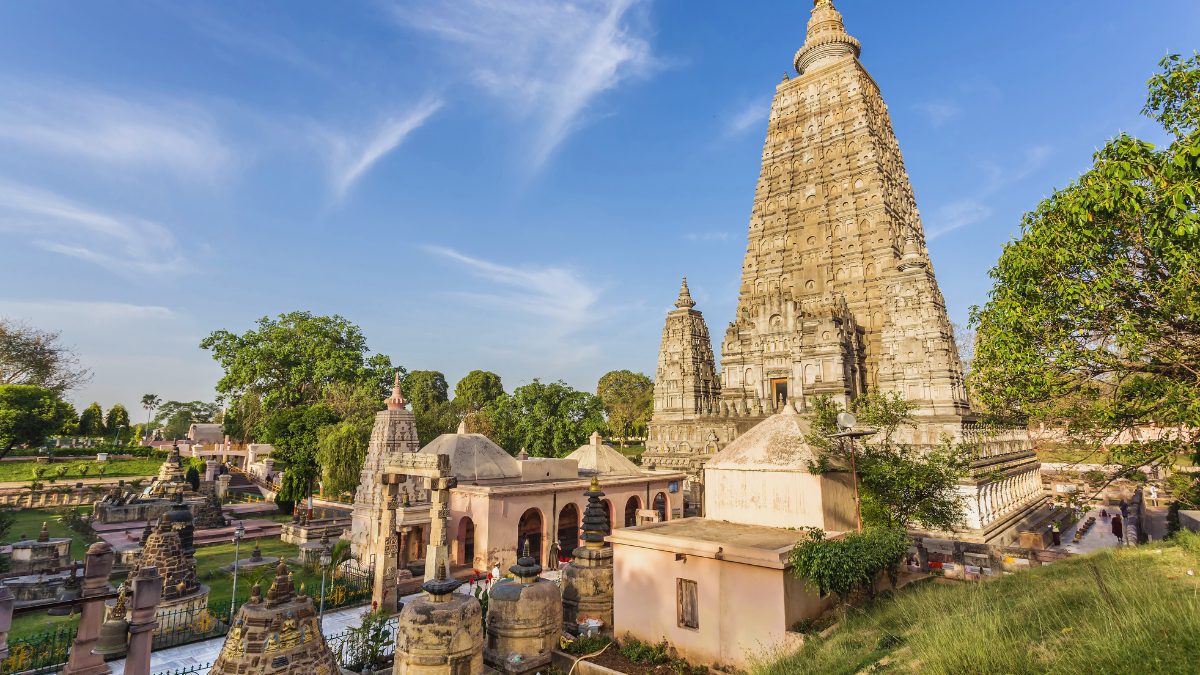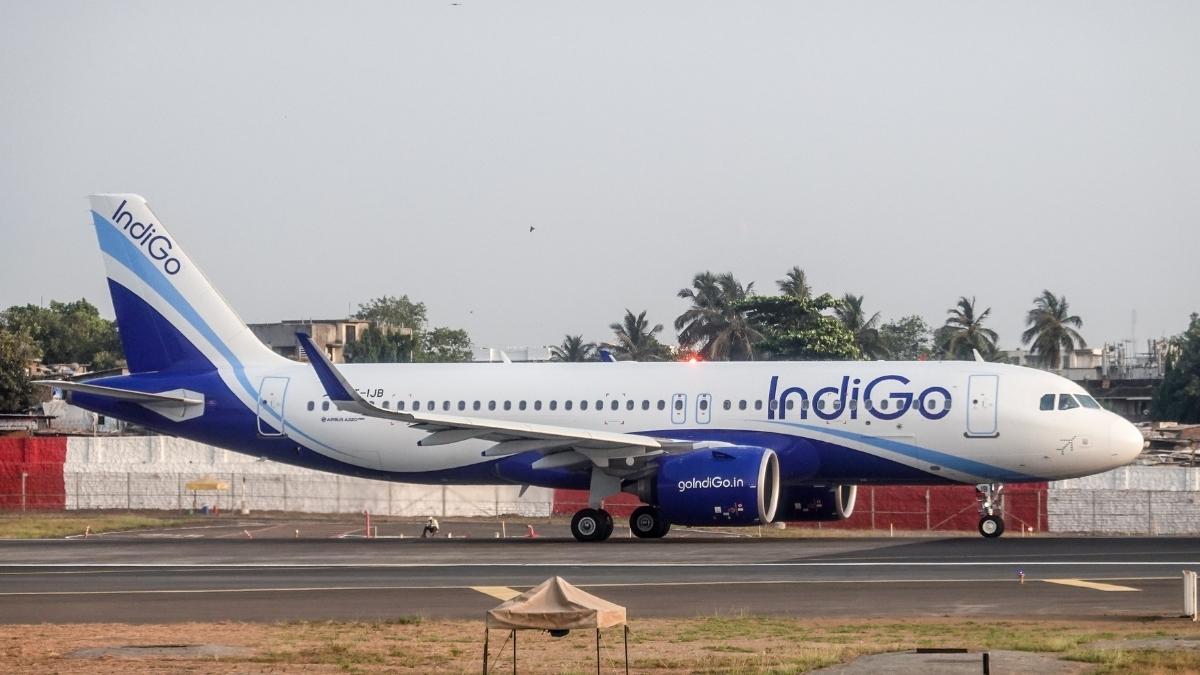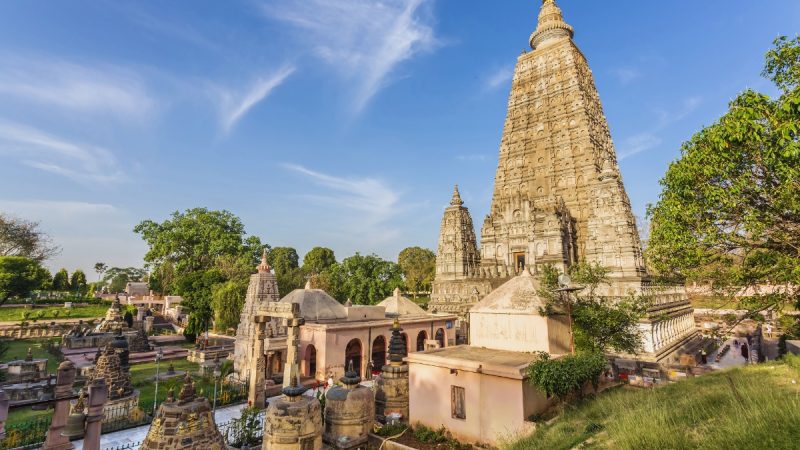In the vast tapestry of India’s cultural landscape, spiritual tourism has emerged as a vibrant thread, weaving together elements of tradition, exploration, and rejuvenation. From the bustling streets of Mumbai to the serene shores of Kolhapur, seekers of spiritual solace are embarking on journeys that transcend mere sightseeing. This surge in spiritual tourism is not just a quest for divine connection; it’s also igniting a profound transformation in the hospitality industry. Saurabh Gahoi, the VP of Ramee Group of Hotels in India, offers a compelling insight into this burgeoning phenomenon. His experience sheds light on the symbiotic relationship between spiritual tourism and the hospitality sector, highlighting its cultural and economic significance.
Cultural Enrichment, Economic Empowerment, And The Role Of Hospitality Establishments

Saurabh explains, from his perspective, spiritual tourism serves as a conduit for cultural exchange and economic growth. He says, “When tourists participate in spiritual tourism, they frequently involve themselves in the customs, traditions, and spiritual practices of a location”. It certainly fosters a deeper appreciation for the region’s heritage.”
Indeed, the influx of spiritual tourists not only revitalises sacred sites but also stimulates economic activity in surrounding communities. As pilgrims flock to revered destinations like the Siddhivinayak Temple in Mumbai or the Jyotiba Temple in Kolhapur, hotels experience a surge in bookings, contributing to the local economy.
Hospitality establishments play a pivotal role in curating immersive experiences that resonate with spiritual seekers. Setting and ambience are paramount in fostering spiritual encounters, Saurabh asserts. He explains, “Tranquil environments, picturesque landscapes, and thoughtful design elements create a conducive atmosphere for relaxation, contemplation, and inner exploration.”
Beyond aesthetics, hotels serve as portals to cultural immersion, offering guests opportunities to engage with local customs and traditions. Tailored experiences, from private meditation sessions to wellness retreats, cater to the diverse needs of spiritual travellers, fostering personal growth and connection.
Also Read: A 4000-Yr Old Practice, Walking Labyrinths Can Be Your Cue To Stress Reduction
Beyond Pilgrimage, Emerging Trends In Spiritual Tourism
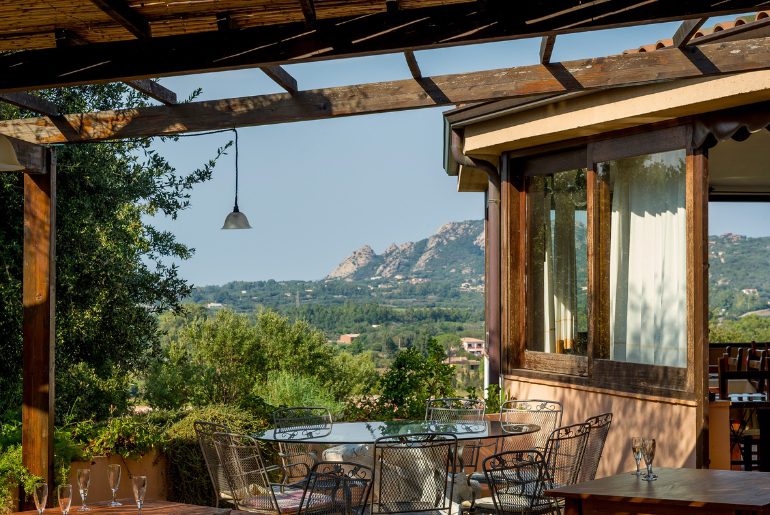
Saurabh shares insights into the innovative services offered by hotels to cater to spiritual tourists. Workshops, retreats, and guided tours to sacred sites provide avenues for deep introspection, he explains. Additionally, initiatives like digital detox programs offer guests a chance to disconnect and reconnect with themselves. Moreover, family-oriented offerings ensure that spiritual experiences are accessible to all, fostering a sense of inclusivity and harmony within hospitality spaces.
The landscape of spiritual tourism is evolving, with travellers seeking transformative experiences beyond traditional pilgrimage sites. Saurabh reflects on emerging trends. He observes how eco-retreats, cultural immersions, and visits to sacred sites with geometric significance are gaining traction. These diverse experiences certainly cater to the evolving needs of spiritual travellers, offering opportunities for personal growth and connection with nature. As interest in conscious travel grows, destinations are embracing these trends, providing authentic experiences that resonate with seekers of spiritual enlightenment.
Also Read: FSSAI Introduces Carcinogen Check Process Amid Controversy Concerning Indian Spices
Balancing Commerce With Conservation
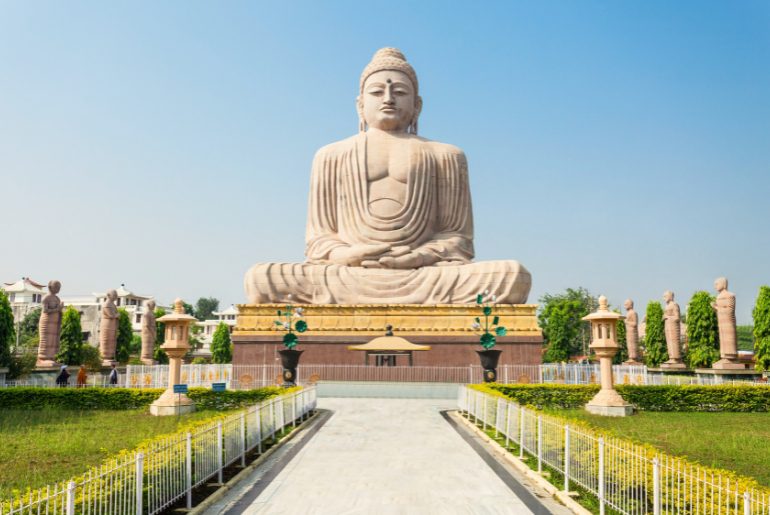
Balancing commercial interests with cultural preservation is certainly a delicate dance for the hospitality industry. Saurabh outlines strategies for sustainable development. He notes that prioritising eco-friendly initiatives and fostering collaborative partnerships with local communities are essential. “Educating both staff and guests about the significance of sacred sites and cultural heritage is crucial for promoting responsible tourism practices”, he says. By embracing sustainability and cultural sensitivity, hotels can uphold their commitment to preserving sacred sites and cultural heritage.
Reflecting on changing traveller motivations, Saurabh notes a growing emphasis on wellness, luxury, and personal development. Recent global events, such as the COVID-19 pandemic, have definitely prompted a reevaluation of priorities among spiritual tourists’. He says, “Travellers are seeking experiences that offer a sense of meaning, purpose, and belonging.” He also anticipates continued growth in demand for spiritual experiences aligned with values of sustainability, social responsibility, and cultural appreciation.
Looking ahead, Saurabh envisions a dynamic future for spiritual tourism in India. He explains that as India continues to position itself as a global hub for spiritual tourism, the hospitality industry will evolve to meet the changing needs of travellers. Saurabh predicts, “Specialised accommodations, wellness retreats, and eco-conscious properties that cater to the holistic well-being of guests, while also embracing India’s cultural and natural heritage.” He also underscores the hospitality industry’s role in preserving India’s spiritual heritage and promoting sustainable tourism practices for the benefit of future generations.
Ultimately, the symbiotic relationship between spiritual tourism and the hospitality industry promises economic prosperity and a profound cultural exchange, enriching the tapestry of India’s spiritual heritage.
Cover Image Courtesy: Canva

